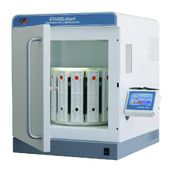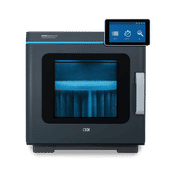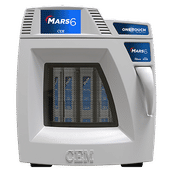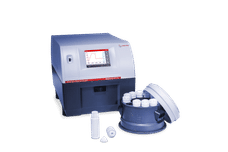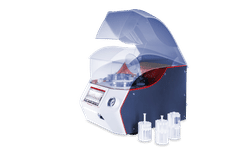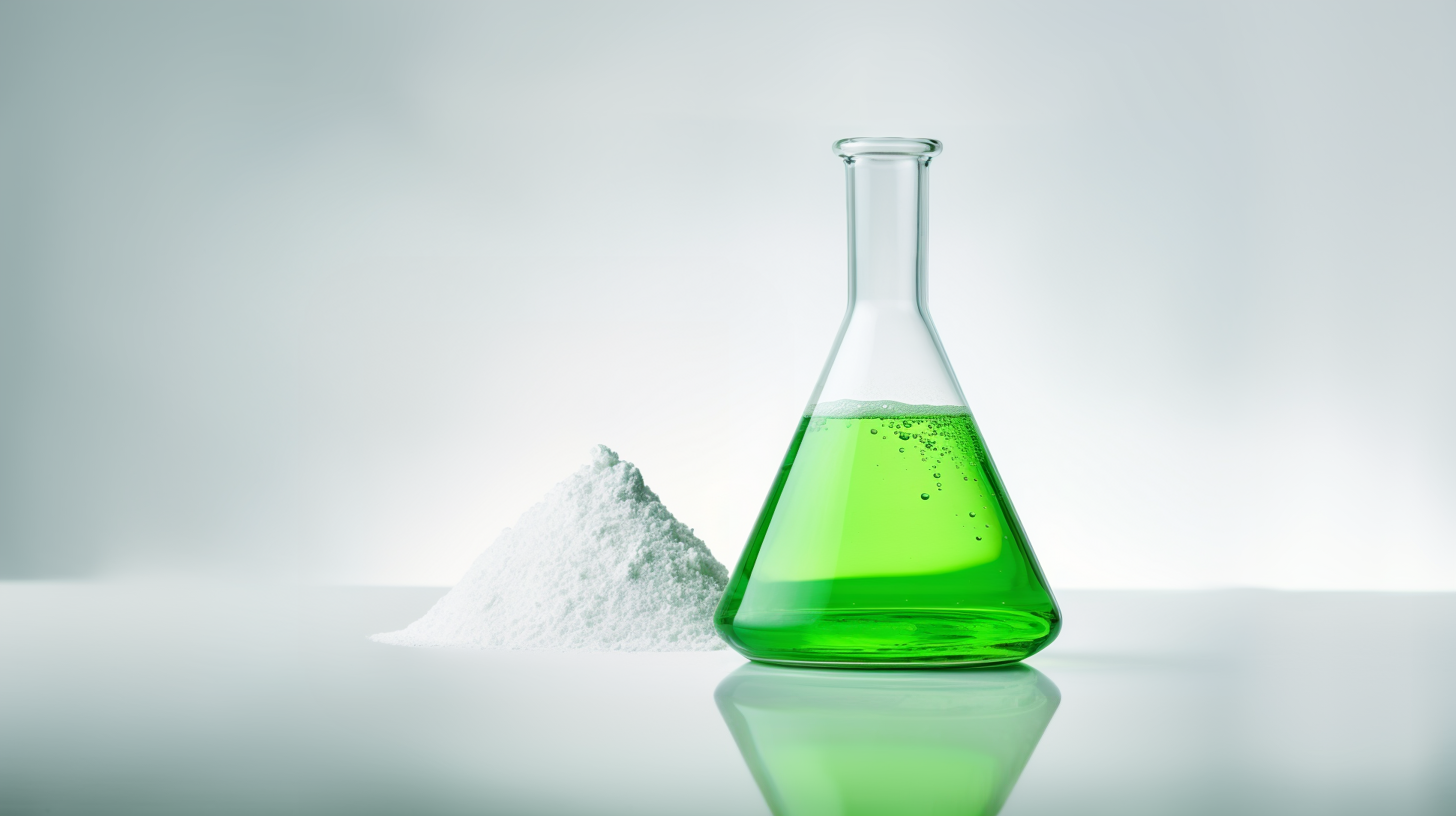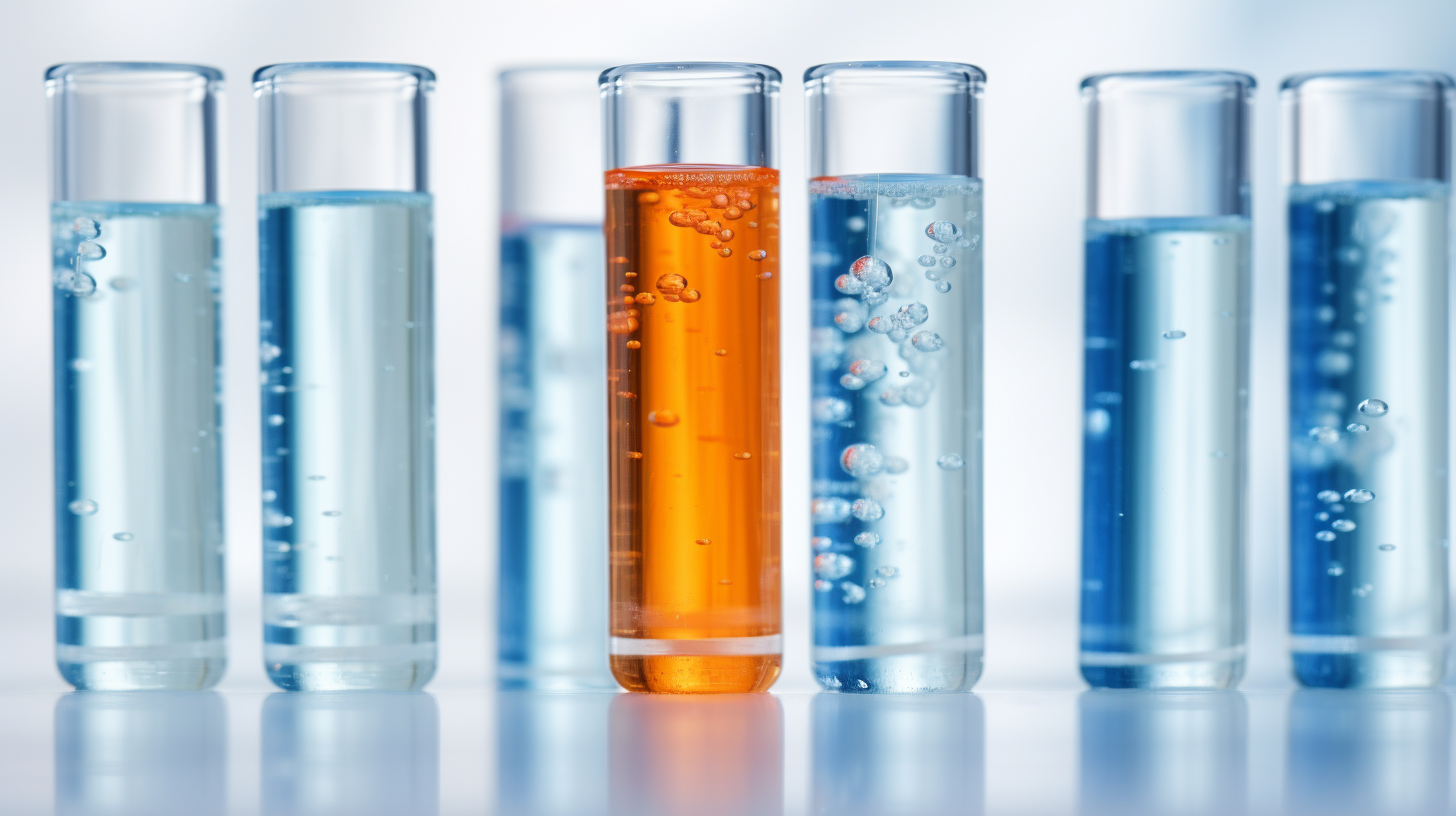ITC Technology for Microwave Systems
Full control of microwave digestions from 30 to 310 °C makes overheated samples a thing of the past
Precise: Contactless temperature control in sample vessels made of PTFE, glass or quartz
Safe: Automatic easing in case of overpressure, thanks to cover valves and Venturi exhaust
Retrofittable: Even existing rotor systems benefit from contactless temperature control
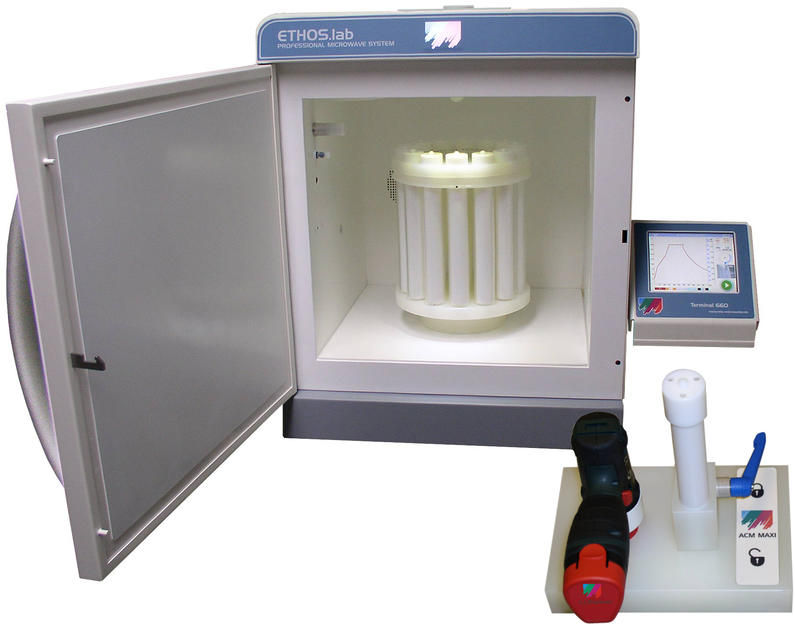
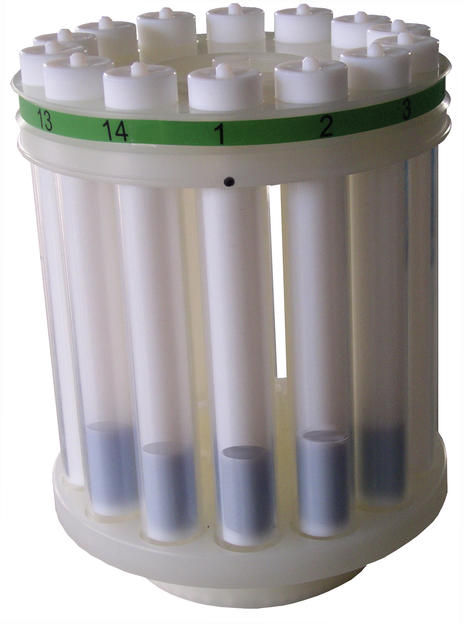
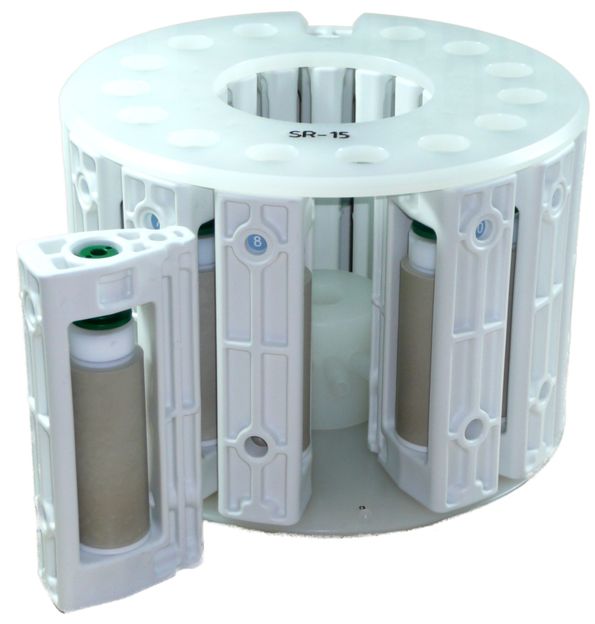
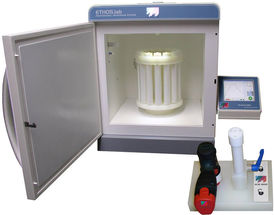
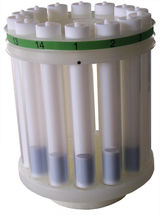
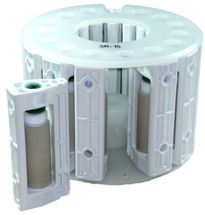
This rotor monitors the temperature of each vessel – directly and contactless, using IR
The Internal Temperature Control (ITC) technology lets you keep the temperature of each sample vessel in view all the time, no matter whether you are performing chemical digestions, extractions or syntheses. Your reactions can therefore run in their optimal temperature range without overheating individual samples, which protects both the sample material and the instrument.
The ITC technology is easily applied with different rotor systems, from the MAXI-14 rotor to the segment rotor system for more demanding digestions or extractions. The ACM-maxi automatic capping module opens and closes the sample vessels within a few seconds, which is gentle on the wrist.
The temperature curve of each sample is captured, controlled and recorded, so you can look forward to your next audit with peace of mind.

1
Not only can you conveniently measure the temperature of each sample, but the vessels also open and close automatically, which is gentle on your wrist.

2
The MAXI-14 rotor with ITC technology features temperature control and visual observation of the samples

3
The SR-15 ITC segment rotor records the temperatures of each individual vessel in the rotor system
Request information about ITC Technology for Microwave Systems now

Microwave digestion systems: ITC Technology for Microwave Systems
Full control of microwave digestions from 30 to 310 °C makes overheated samples a thing of the past
Product classification ITC Technology for Microwave Systems
Product categories
Applications
Manufacturers of similar products
Advertisement





